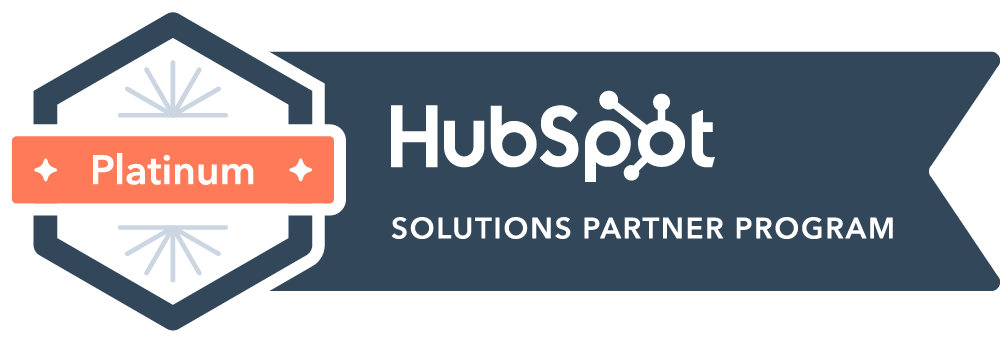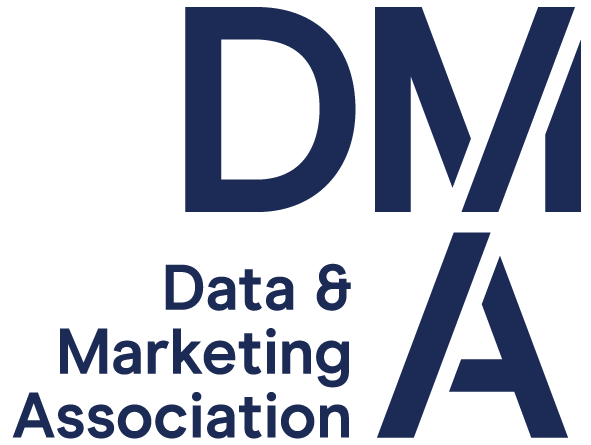Ethical selling is not often something which springs to mind when people picture a sales person. Only 3% of people asked trust sales reps, so it’s not surprising that businesses can be reluctant to outsource their sales to an external team that they don’t know on a personal or professional level.
However, at Air we want to change that. We want to show that the vast majority of professionals in the outsourced sales industry are trustworthy people, looking to help businesses develop and grow. Of course, we have targets to meet and we are ultimately accountable to that, but what actually drives Team Air is people and, more importantly, our ability to build relationships with them.
From day one we are upfront and honest with both our clients and prospects, we base our entire sales journey on ethical selling. Offering a consultative approach, we work with our prospects and clients to help them to make smart businesses decisions.
We know it’s all well and good to hear us saying that, but let’s break down how we achieve it:
- Realistic campaigns and goals: If a prospect approaches us and we know that they simply can’t afford to work with us, or at least can’t afford to work with us in the way they want to, we tell them. We will never sell our services to a prospect who doesn’t stand a strong chance of generating tangible success with us, whether that is through ROI, conversations with decision makers or leads. That’s not to say that we won’t work with them full-stop, but we will arrange further conversations to better understand their budget and goals. From this, we either recommend a reduced campaign or other approaches that may work for them – such as digital marketing, utilising the services of our internal marketing company, Roots to Market.
- Transparency: At Air, we don’t just take your money and run with a campaign – we want you to be involved at every stage. When you express an interest in starting a campaign with us, we will invite you to the office to meet the team and view our office culture before you even start working with us. From there, you will be invited in to assist with the training of your dedicated dialling team and provide insight as well as getting a clear understanding of our approach. As the campaign runs you will receive weekly reports and calls as well as having access to our live time reporting system in the client portal.
- Accountability: Our campaigns are driven by learnings and so the strategy or approach may change throughout depending on the results that we generate. However, through your weekly calls and reports you will be made aware of this and able to see our reasoning and the difference in results. As well as reports, you also have access to every call made on your campaign, upon request, so that you can listen to how we handle your calls and prospects, ensuring that you are happy and can voice any concerns or questions that you may have.





